From December 2 to 3, 2024, representatives from the ASEANAPOL Secretariat, including ACP Dr. Bakri bin Zainal Abidin, Director for Police Services, and Deputy Superintendent of Police Suresh Subramaniam, Plans and Programmes Officer I, under the supervision of Executive Director David Martinez Vinluan, participated in the 1st ASEAN Dialogue on Human Rights and Policing. The event was jointly hosted by the ASEAN Intergovernmental Commission on Human Rights (AICHR) Indonesia and the Ministry of Foreign Affairs of the Republic of Indonesia. Held at the Mövenpick Hotel Jimbaran, Bali, Indonesia, the dialogue aimed to strengthen the capacity of police and security officials to effectively implement international human rights treaty obligations, as stipulated in the AICHR Terms of Reference (TOR) Article 4.4 and the ASEAN Human Rights Declaration (AHRD) Article 39.
The two-day meeting was guided by H.E. Yuyun Wahyuningrum, Indonesia's Representative to AICHR, and was attended by representatives from Brunei, Cambodia, Indonesia, Laos, Malaysia, the Philippines, Singapore, Thailand, and Vietnam, along with members of the ASEANAPOL Secretariat and non-governmental organizations (NGOs). Over the past 15 years, AICHR had engaged a variety of stakeholders, including journalists, judges, and police officers, in initiatives to support the implementation of international human rights obligations. This dialogue provided a platform for police and security forces to exchange best practices, address challenges, and identify gaps in human rights-based policing.
The dialogue's primary objective was to develop a common understanding of police integrity and foster cooperation on human rights in policing across ASEAN Member States. The sessions covered several key areas, including the understanding of human rights, international and regional human rights instruments, threats to human rights policing, and the application of human rights in policing scenarios. Additionally, discussions highlighted gender-sensitive approaches to policing and criminal justice and strategies to protect women from gender-based violence. Through this dialogue, participants were able to share best practices, experiences, and lessons learned in human rights policing.
The event featured presentations from an array of subject-matter experts and practitioners from regional, national, and international institutions. Key speakers included representatives from the Institute of Human Rights, University of the Philippines, and the Head of Human Rights Affairs Office (HRAO), Philippine National Police (PNP). Other prominent speakers included an Advisor of the Faculty Council, Royal Thai Police Cadet Academy, a Commissioner of the National Police Commission of the Philippines (NAPOLCOM), and a Justice Officer from the Office of Prevention and Suppression of Torture and Enforced Disappearance, Thailand. Insights were also provided by representatives from the Australian Federal Police, an expert from the Office of the High Commissioner for Human Rights (OHCHR) specializing in policing standards, good practices, and training methodologies, a Senior Policy Analyst on General Crimes, Indonesian National Police (POLRI), and a Commissioner of the National Human Rights Commission of Thailand (NHRCT). Their presentations focused on key topics such as policing standards, effective human rights-based practices, and capacity-building methodologies for law enforcement.
Throughout the dialogue, the role of police and security forces as key actors in protecting human rights was emphasized. Police forces were recognized for their dual role in upholding human rights — both as protectors of human rights and as potential violators. On one hand, police officers are required to refrain from actions that interfere with human rights, while on the other, they are responsible for taking active measures to safeguard and promote human rights. While some police forces have faced criticism for human rights violations, the dialogue reaffirmed the essential role of law enforcement in guaranteeing individual and collective rights and maintaining public safety.
By the end of the dialogue, AICHR Indonesia, as the project proponent, committed to documenting best practices, challenges, and lessons learned from the discussions. This documentation is expected to serve as a resource for ASEAN Member States, enabling them to strengthen human rights-compliant policing standards and practices. AICHR Indonesia was tasked with designing, coordinating, monitoring, and reporting on the progress and outcomes of this initiative.
The active participation of the ASEANAPOL Secretariat in this important dialogue underscored its role as a central coordinator for police services in ASEAN. By working closely with AICHR, ASEAN Member States, and other stakeholders, ASEANAPOL demonstrated its commitment to enhancing police capacity, promoting human rights in policing, and addressing evolving security challenges. The participation of ASEANAPOL affirmed its ongoing commitment to advancing regional cooperation on human rights in policing, supporting the development of human rights-compliant police practices, and promoting regional peace and stability in Southeast Asia.
#ASEANAPOL
https://twitter.com/ASEANAPOL1981
https://instagram.com/aseanapol/
https://facebook.com/ASEANAPOL/
http://linkedin.com/in/aseanapol-secretariat-344498ab
http://aseanapol.org
https://tiktok.com/@aseanapol?_t=8jSYhy4nN2u&_r=1\
"Together We Keep This Region Safe"
.jpeg?sfvrsn=0)
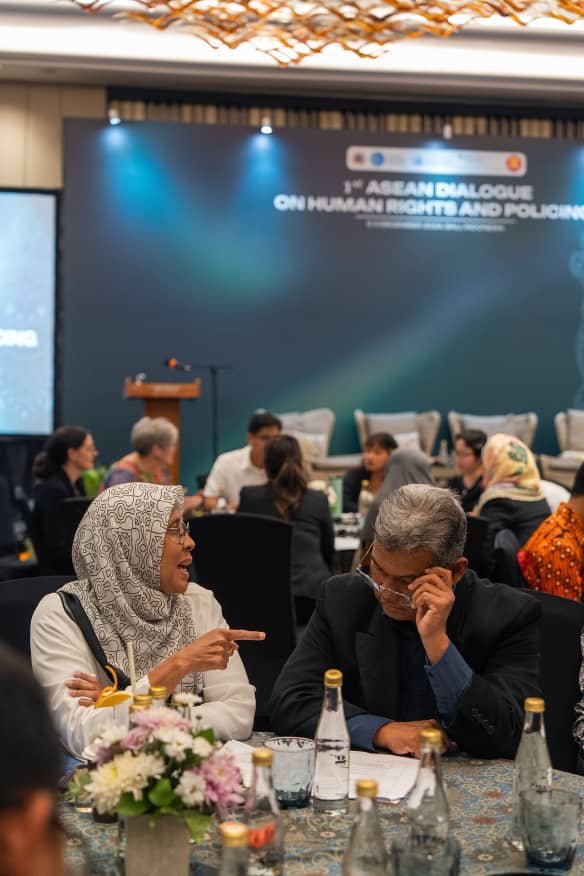
.jpeg?sfvrsn=0)
.jpeg?sfvrsn=0)
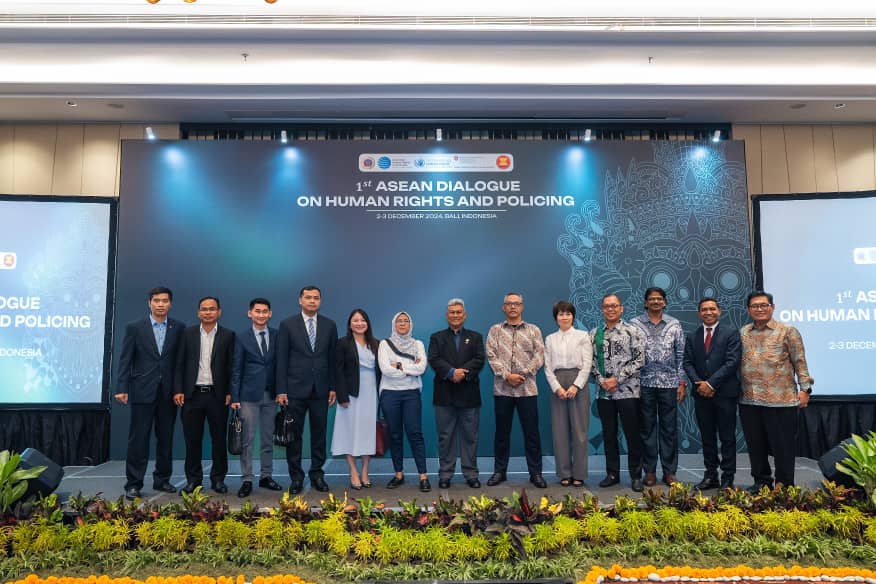
.jpeg?sfvrsn=0)
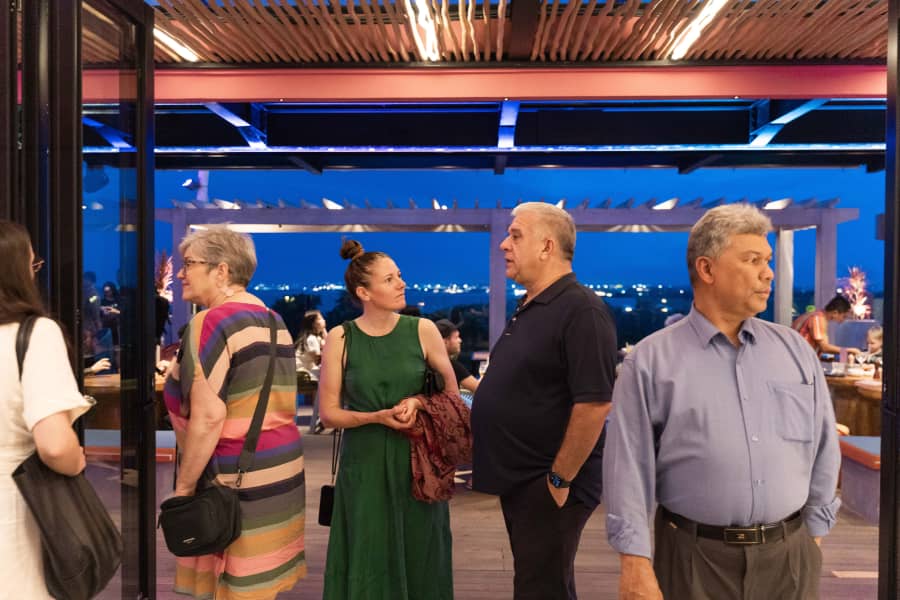
.jpeg?sfvrsn=0)
.jpeg?sfvrsn=0)
.jpeg?sfvrsn=0)
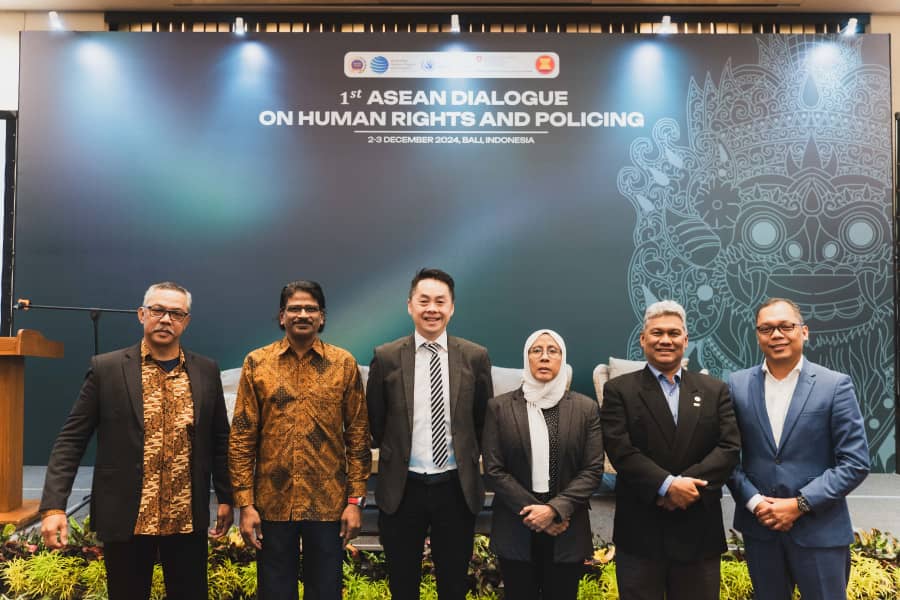
.jpeg?sfvrsn=0)
.jpeg?sfvrsn=0)
.jpeg?sfvrsn=0)
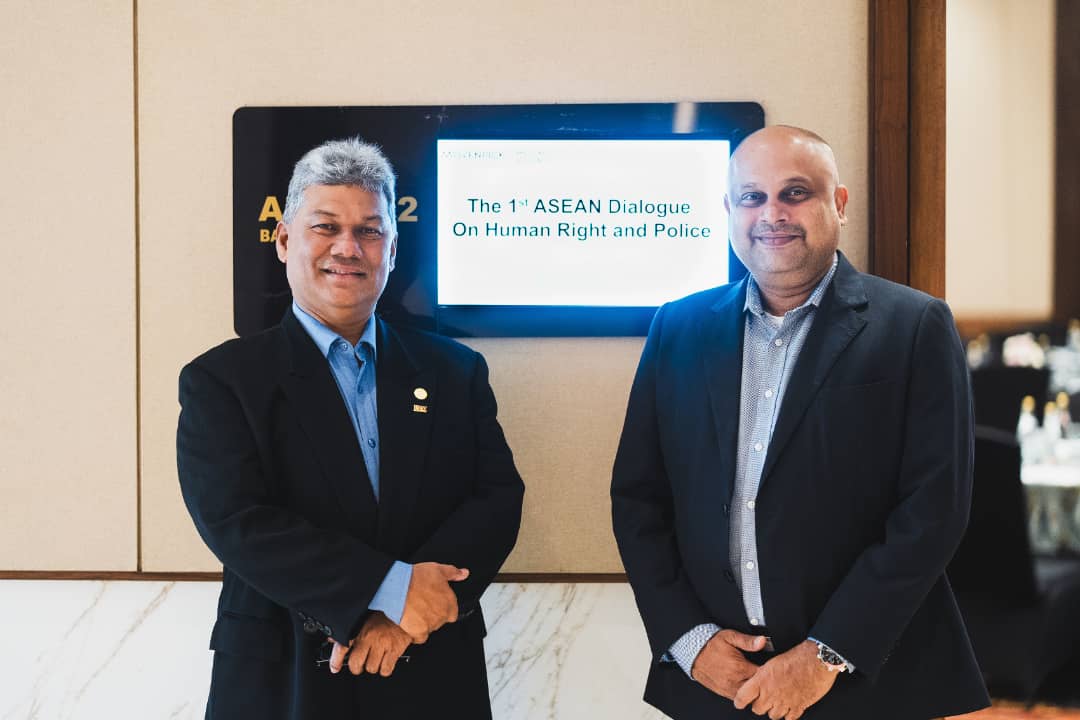
.jpeg?sfvrsn=0)
